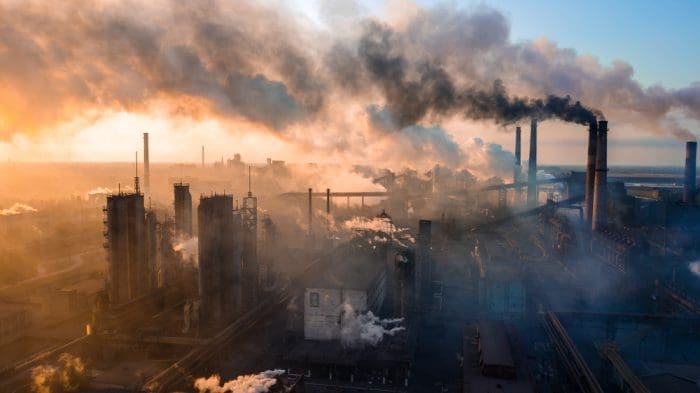TRADING volumes of Australian Carbon Credit Units have continued to slow in recent weeks as the industry awaits the findings of some major reforms.
According to Jarden, the price of ACCUs has been relatively steady for the past two months, closing last week at $30/tonne of CO2 or equivalent – the market dipped to $27.37 in August and reached $31.25 at the end of September.
Integrity has again come into focus, with Australian billionaire Andrew “Twiggy” Forrest becoming one of the latest to criticise carbon markets across the world. Mr Forrest is the owner of the Fortescue Metals Group and has vast agricultural assets – including a significant stake in AACo.
In a trip to the United Kingdom, Mr Forrest told The Guardian carbon offsets were “questionable, dangerous and far from a good investment for companies hoping to reduce their environmental impact”.
He said some projects involved planting trees where trees were going to grow anyway and only 10 to 15 percent of available credits represented real reductions in greenhouse gas emissions.
The integrity of carbon credits has been in the spotlight in recent months, with submissions recently closing on a review into the framework – known as the Chubb Review.
Representative body the Carbon Market Institute has called for a series of changes to the carbon market to improve its integrity and transparency. CEO John Connor said the review must make meaningful reforms.
“The Chubb Review is a crucial opportunity to renovate Australia’s decade old carbon crediting framework and ensure that it is fit for purpose in supporting Australia’s urgent transition to net zero and negative emissions,” he said..
“This framework can and must support companies taking responsibility for their emissions with credible decarbonisation plans as well as other initiatives that can support additional technological, social and environmental benefits.”
Legislative changes are also on the horizon for the demand side of ACCUs, with the Federal Government reviewing the Safeguard Mechanism – which sets an emissions baseline for the country’s biggest emitters and makes them purchase offsets if they exceed it.
Three of the main proposals the government are making include gradually reduce the baselines, crediting companies who emit less than their baseline and provide tailored treatment for emissions-intensive business.
Trading slowed in recent weeks
With the two reviews building uncertainty in the industry, market information service Reputex Energy says trading volumes have slowed in recent weeks.
While it has slowed, the company says the number of contracts exchanged third quarter of 2022 surged – with a fivefold increase on this time last year and a 22pc increase on Q2. The monthly updated said voluntary credits had increased.
“62pc of all trades over the quarter were for Generic (landfill gas, avoided clearing) ACCUs, with the balance for Human Induced Regeneration (HIR) units. Volumes for Savanna Fire Management (SFM) projects were low in the broker-traded market, yet direct contracting demand for these units remains strong,” it said.
“The brokered share of the ACCU market increased to an average of 29pc over FY 2021-22, doubling from 14pc in 2020-21, reflecting improving liquidity, and the increasing participation of trading houses, intermediaries and financials.”


